Pumpkin is a favorite food in autumn and winter. But is it as healthy as everyone claims?
It turns out pumpkin is very nutritious and low in calories. It's also much more versatile, than you might imagine. It can be made into both sweet and savory pumpkin dishes.
Is pumpkin a fruit or a vegetable?
Pumpkin is part of the cucumber and melon family. It's technically a fruit, because it contains seeds. But in terms of nutrition, it is more like a vegetable.
Pumpkins are usually round and orange, although size, shape and color can vary by variety. They have a thick outer skin, which is smooth and ribbed and a stem that connects the pumpkin to its leafy plant. Their seeds, leaves and insides are edible and find a place in recipes from world cuisine.
Pumpkin variety
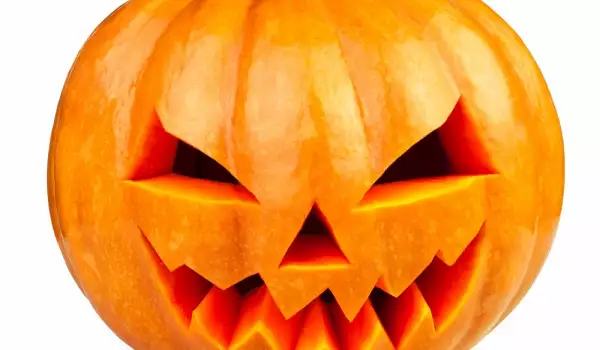
There are also many varieties of pumpkin such as:
- Jack Lantern: A wide variety of pumpkins commonly used for carving;
- Pie Pumpkins: Smaller and sweeter variety;
- Miniature: decorative and at the same time edible;
- White: Some white pumpkins can be cooked, while others are more suitable for decoration or carving;
- Giant: Mostly grown for competitions. They are generally edible, but not as tasty as the smaller species.
Nutritional value of pumpkin
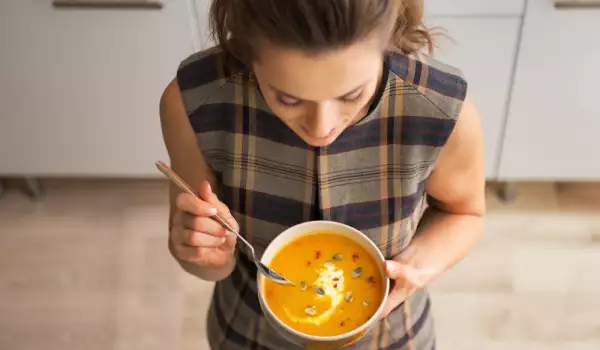
Pumpkin is one of the most nutritious foods. It contains many vitamins and minerals, as well as relatively few calories.
1 cup boiled pumpkin contains:
- Calories: 49;
- Fibers: 3 g;
- Protein: 2 g;
- Vitamin K: 49%;
- Vitamin C: 19%;
- Potassium: 16%;
- Copper, manganese and riboflavin: 11%;
- Vitamin E: 10%;
- Iron: 8%;
- Folate: 6%.
See pumpkin nutritional value.
Pumpkin is also extremely high in beta-carotene, a powerful antioxidant. Beta-carotene is a type of carotenoid, which is converted to vitamin A in the body.
Main health benefits of eating pumpkin
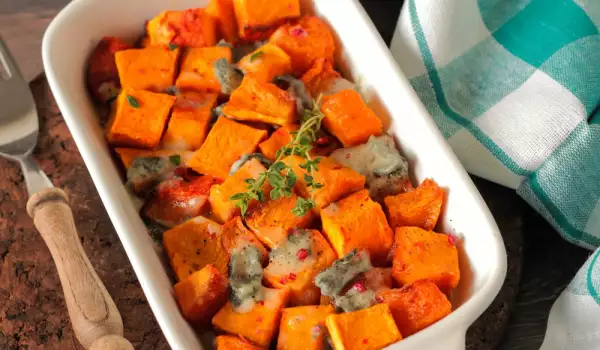
- Immunity
Pumpkin provides you with a very good dose of beta-carotene, which is partially converted to vitamin A. It can help your body fight infections if you suffer from them. Vitamins C and E, iron and folic acid, which are also found in pumpkin, help to improve the function of your immune system;
Beta-carotene helps maintain your visual acuity by helping the retina absorb light better. The combination of other vitamins and minerals in pumpkin may protect against age-related macular degeneration;
- Healthy skin
The antioxidants found in pumpkin are important for your skin's health. These include beta-carotene and vitamins C and E. It is beta-carotene in particular that protects you from the sun's harmful UV rays;
- Heart health
Pumpkin has specific nutrients that are beneficial for heart health. Fiber, vitamin C and potassium can help improve blood pressure and cholesterol levels;
- Metabolic syndrome
Metabolic syndrome is a group of symptoms associated with abdominal obesity. These include high blood pressure, poor blood sugar control and elevated triglyceride levels - factors that increase the risk of heart disease and diabetes. The beta-carotene in pumpkin may reduce the risk of this disease.
How to prepare your pumpkin
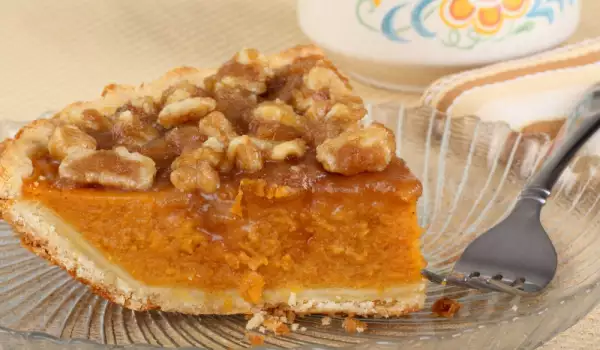
Pumpkin is extremely popular in making pancakes, custards and muffins, but it's also a good ingredient in savory dishes. You can prepare it in the form of pumpkin soup or roast it along with other vegetables.
It may seem strange to you, but the other parts of this plant are also edible. For example, the seeds are used to make a crunchy snack and the flowers are often served fried or breaded.
It is recommended that you do not use the jack-o-lantern pumpkins. Large pumpkins used for carving are not as tasty as pie pumpkins for example, Butternut Squash, Pumpkin Matilda, etc.
What to watch out for when eating pumpkin
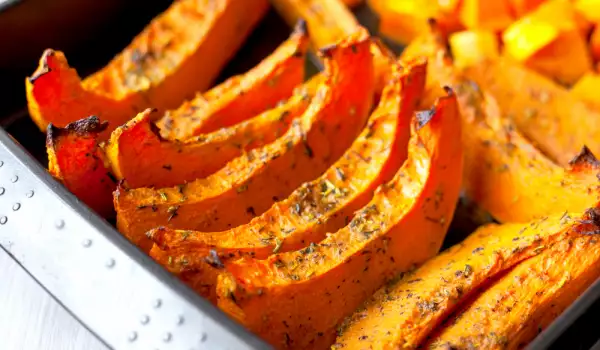
- Interaction with drugs
Pumpkin is a mild diuretic and can be a problem for people taking certain medications, especially lithium;
- Pumpkin flavored fast food
Just because something has a pumpkin in its description doesn't mean it's healthy. Drinking so-called pumpkin lattes has no health benefits, unlike the fruit itself.
Also, baked goods like pumpkin bread or pumpkin pie, may give you some extra vitamins, minerals and fiber, but remember that they are also high in sugar and refined carbohydrates.
Read more:
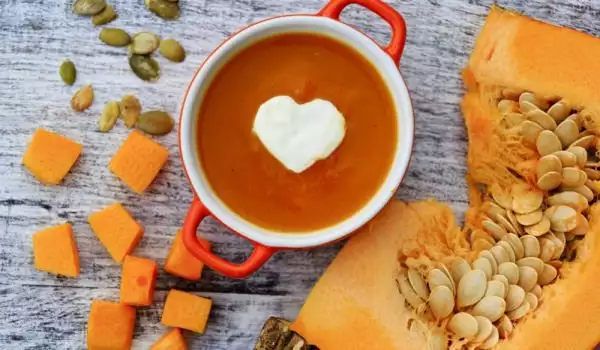
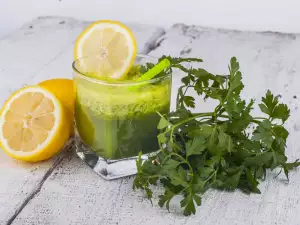
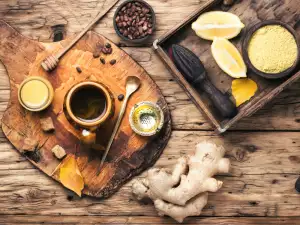
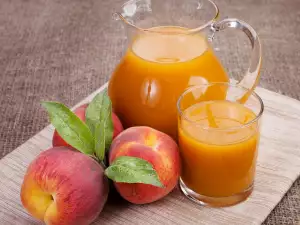
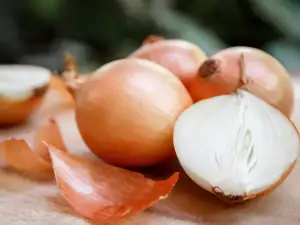
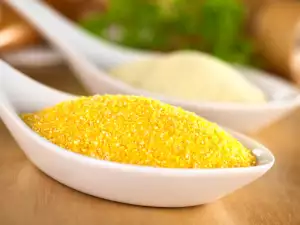
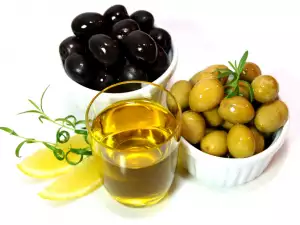
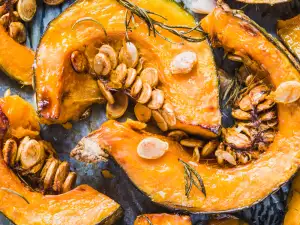
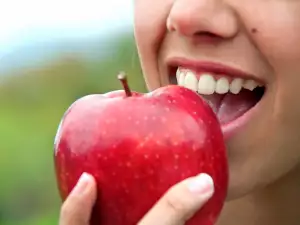
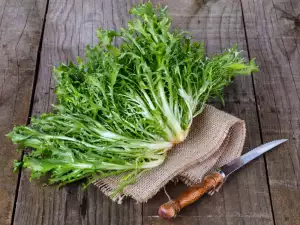
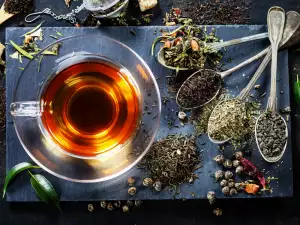
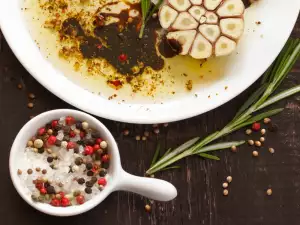
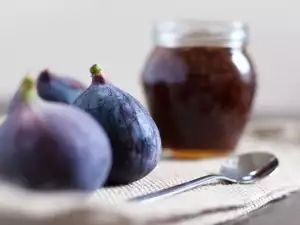
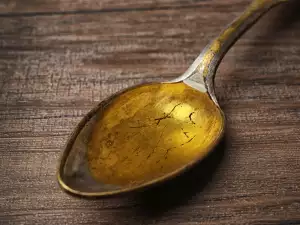






Comments